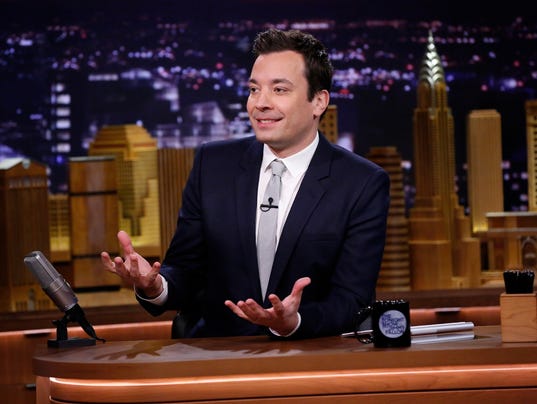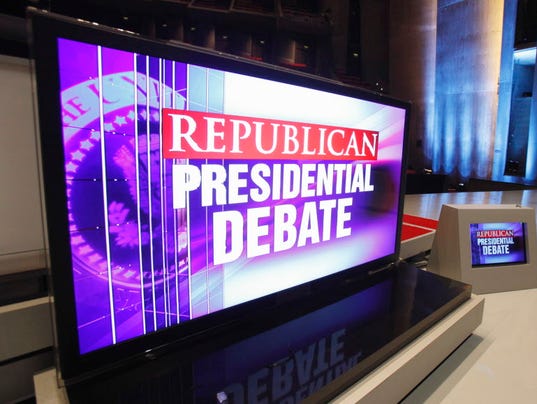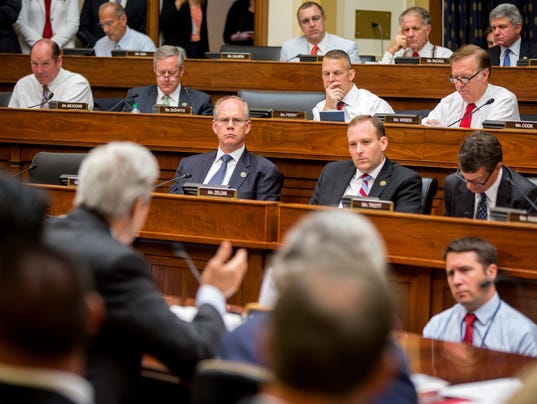It may seem unlikely today, but when all is said and done with
Deflategate and
Tom Brady returns to the field, the Patriots, the NFL and even Brady all stand to emerge as winners in business over the long-term.
To be sure, the
Deflategate crisis has been fraught with controversial questions. Was the “more probable than not” evidence cited in the
Wells Report strong enough to convict Tom Brady? If so, what is a reasonable punishment? How serious of an offense is deflating footballs? How should Brady’s cooperation (or alleged lack thereof) in the investigation, including the recent revelation of his
destroyed cell phone, factor into the punishment and appeal process? Fans and the media have been deliberating these and other issues with the same fervor as ranking the greatest quarterbacks of all-time (which, naturally, has been complicated by the allegations against Brady).
But when you examine this controversy from a business standpoint, the long-term brand and revenue implications (based on what we know now) could be minimal. Imagine the scene at
Lucas Oil Stadium on Sunday, October 18, 2015. The
New England Patriots will visit the
Indianapolis Colts for the game of the week on Sunday Night Football. If Brady serves his four-game suspension, he will be back under center that night for the first time in the 2015 regular season, playing against the same team that first
reported the charges that are dominating this year’s NFL offseason.
This made-for-television storyline will likely generate pregame hype nearing Super Bowl proportions and come close to (if not surpass) a record regular season rating. It’s tough to accurately predict who will win the game, but the safest best is that October 18th will be yet another banner night for the National Football League.
Indeed, all key parties in the Deflategate controversy (the Patriots, NFL, and Brady) have an opportunity to move on from this situation and strengthen their position over the long-term. Here’s why:
The Patriots have built and maintained a loyal fan base that is standing by the team through good times and bad. From a business perspective, it matters little that they are the most disliked team in America right now. As long as the team’s target audience — Patriots fans — remains fully in support of the team, the brand will stay healthy. And if the #FreeBrady movement
online and
offline is any indication, fan loyalty to the defending Super Bowl champions has never been stronger. If anything, Deflategate has emboldened Patriots Nation, creating an us-against-the-world mentality, and, by extension, strengthened the Patriots brand overall.










